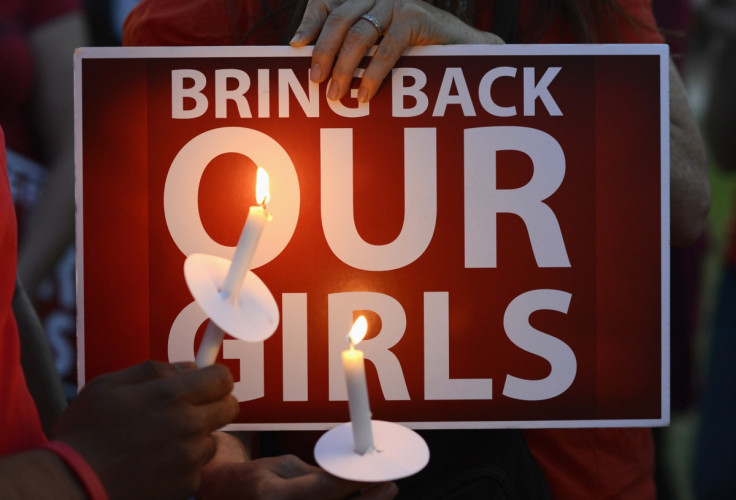Nigeria: Boko Haram Kidnapped Girls Could be Freed in Secret Red Cross Swap

Up to 220 kidnapped schoolgirls being held captive by the Islamist fanatics of Boko Haram could be freed in a prisoner swap.
After months in the hands of captors somewhere in the hinterland of Nigeria, a deal to free the schoolgirls is being negotiated between the government and the terror group.
The news of talks undermines the claims of Nigeria's president Goodluck Jonathan that the state would not entertain a bargain with Boko Haram - which is reportedly demanding 16 high-ranking of its high ranking commanders be freed from jail.
According to the Telegraph, the International Committee of the Red Cross is orchestrating secret talks between the parties..
A deal for handing over at least some of the missing children came close on one occasion - with a delegation even dispatched to collect them in a north-eastern city called Yola, according to reports.
But it collapsed because Boko Haram would not consent to all the girls being freed in one group.
The kidnap of the schoolgirls from the northern Nigerian town of Chibok in April sparked enormous worldwide interest in their plight, with a#bringbackourgirls campaign going viral.
But progress in the search has been slow, to the extent that some families of the missing girls have requested for them to be declared dead, so that funerals can take place.
The Red Cross refused to confirm its participation in talks between Boko Haram and the Nigerian government. A spokesman said: "We have a dialogue with all the different parties, and if there is any way we can help as a neutral humanitarian organisation, we will."
But its involvement is important for progress to be made, said a Nigerian rights activist.
"We felt the negotiations would go better with the backing of a major international humanitarian organisation like the ICRC," said Fed Eno.
"There have been two or three ICRC people at each meeting - international staff rather than Nigerians - and they accompany the government security agents to the various prisons and detention centres to identify the people that Boko Haram want released," he told the Telegraph.
© Copyright IBTimes 2024. All rights reserved.






